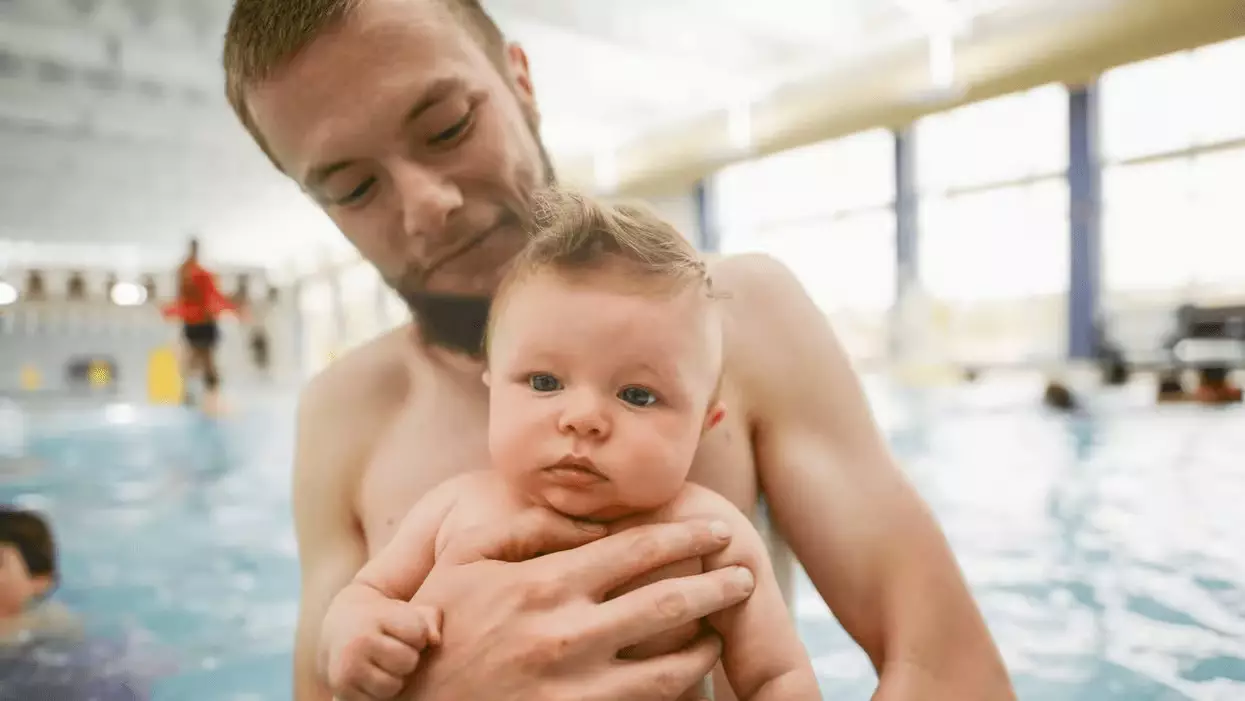Swimming is an essential life skill that goes beyond mere recreation; it is a vital safety measure. As the world continues to embrace the benefits of swimming, it’s crucial to address the question: when should children begin swimming lessons? Drawing insights from the American Academy of Pediatrics (AAP), we can understand the optimal age for initiating these lessons, focusing on the many benefits they offer while being aware of inherent risks.
The Right Time to Dive In
According to the AAP, children can start swimming lessons as early as one year old. This age is significant since it marks a formative period when babies can start learning to navigate water safely. However, the AAP emphasizes individual readiness, noting that every child develops at different rates. If your child isn’t ready at age one, the period before they turn four is still an excellent time to begin.
Early exposure to swim lessons can equip children with crucial water safety skills. These lessons are not merely about learning to swim; they focus on water familiarization and developing comfort in aquatic settings. Gaining these foundational skills at a young age can lead to more competent swimmers later on. There’s an undeniable balance struck; while we want our children to have fun in the water, we also prioritize their safety.
Individual Factors Matter
The AAP encourages parents to tailor their decisions about swim lessons based on several key factors. A child’s emotional maturity, physical ability, cognitive development, and consistent access to water must all be considered. For instance, if your child has frequent interactions with water—whether it’s a bathtub, pool, or beach—they may benefit from starting lessons earlier. Conversely, if they show hesitance or fear around water, it might be wise to wait until they are comfortable or curious.
The notion of “drowning-proofing” children through swim lessons is misleading. There’s a common perception that taking lessons at a young age ensures a child’s safety, but this is simply not the case. Constant adult supervision is critical, regardless of swim ability. Drowning often occurs unexpectedly, and toddlers, in particular, exhibit an innate curiosity that can pose risks when unsupervised.
Building a Fortress of Safety
For parents who have pools at home, safety measures should extend beyond mere supervision. Installing a four-foot tall, four-sided isolation fence with a self-closing and self-latching gate is essential. Such physical barriers greatly minimize a child’s ability to access the pool area unsupervised. Additionally, keeping rescue equipment like life buoys and reach tools within arm’s reach enhances safety further.
It’s equally important to assess the safety of environments outside the home, such as neighbor’s houses or public swimming facilities. Parents need to ensure proper barriers are in place and that vigilant supervision is practiced at all times. Taking responsibility entails being proactive; understanding how to perform CPR is not just advisable—it’s essential.
Swimming Lessons: A Positive Investment
Financial concerns often deter parents from enrolling their children in swimming lessons. Fortunately, many communities offer scholarship programs to assist families in affording essential swim training at local public pools. Seeking these opportunities can make a significant difference. Moreover, gifting swim lessons as a birthday present offers a novel approach, allowing friends and family to contribute to the child’s safety and enjoyment.
Beyond financial factors, we must advocate for the importance of prioritizing water safety in children’s lives. These lessons are not solely about instruction but also about fostering a lifelong appreciation for swimming. Through positive experiences in the water, children learn not just how to save themselves but also develop confidence and resilience.
From Lessons to Lifelong Skills
If parents are resistant or hesitant about enrolling their young children in swim programs, they should consider the long-term benefits. Early swimming lessons can build a strong foundation, promoting a love for water-fetching and aquatic activities. As children grow, the safety measures learned in lessons translate into lifelong skills and habits that may one day save their lives or the lives of others.
By fostering a respectful relationship with water from an early age, parents can instill a sense of responsibility, emphasizing that water can be both a source of joy and danger. This duality is an integral lesson that must be embraced, as it reflects real-world scenarios children will face as they grow older.

